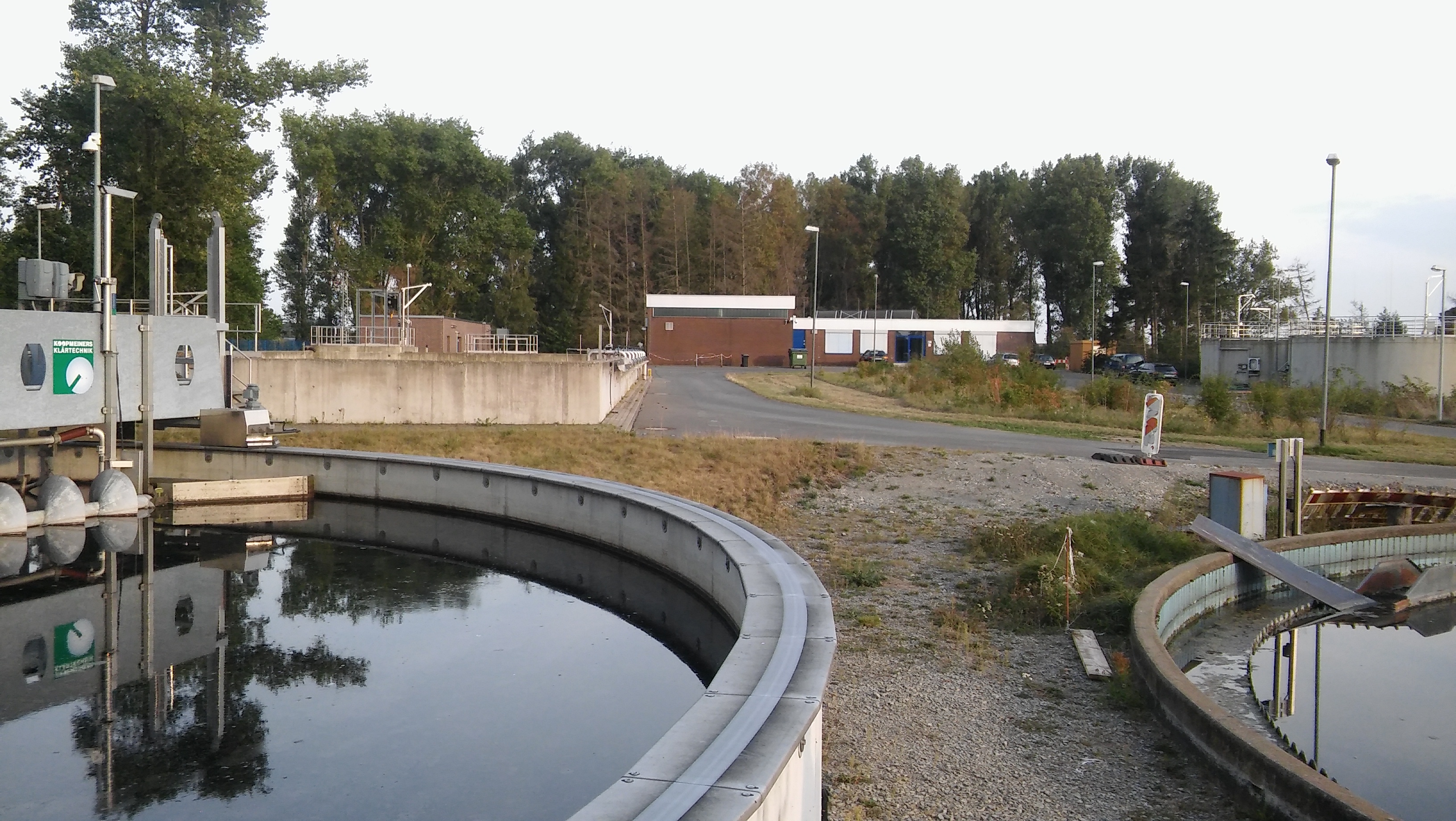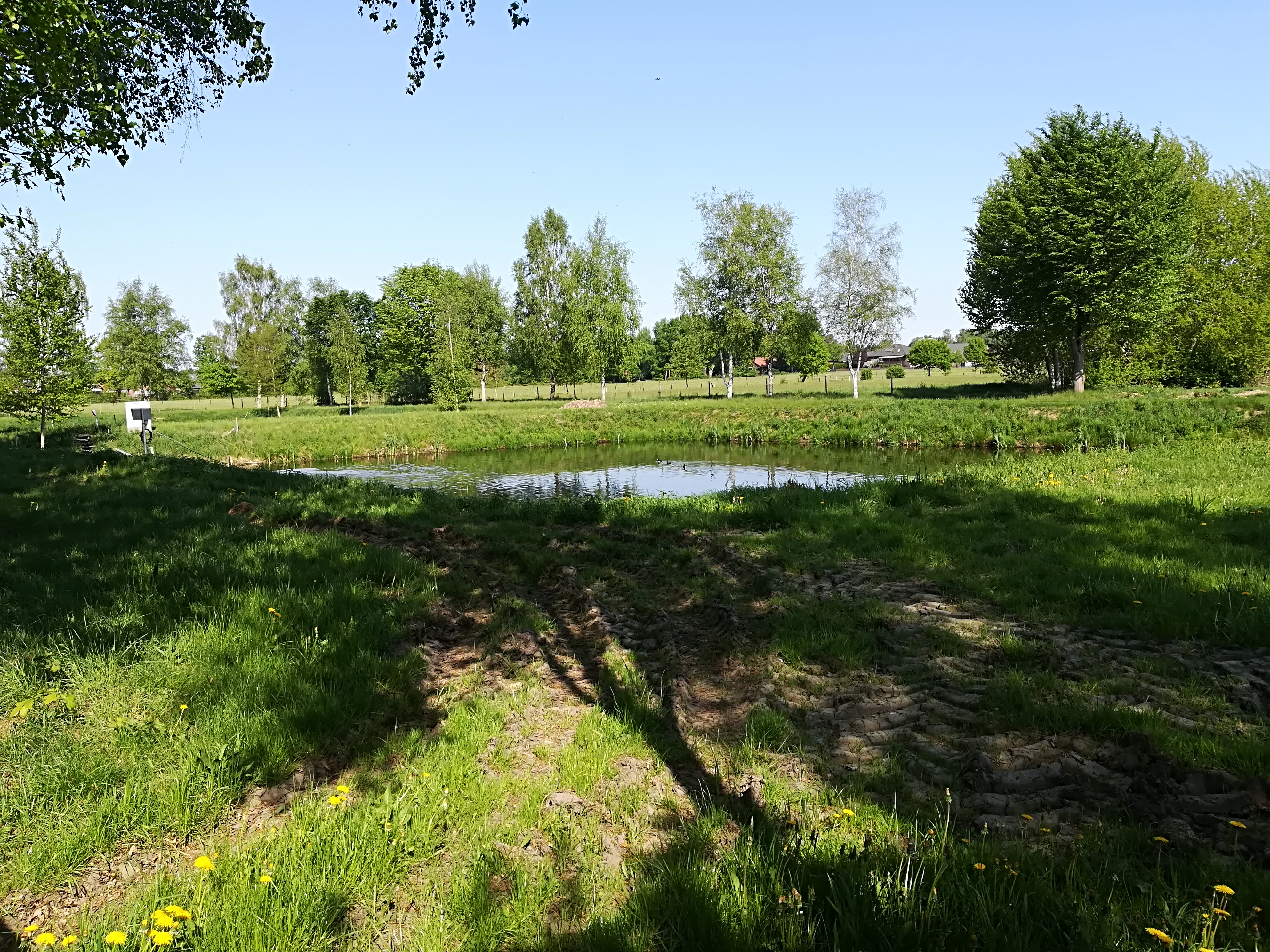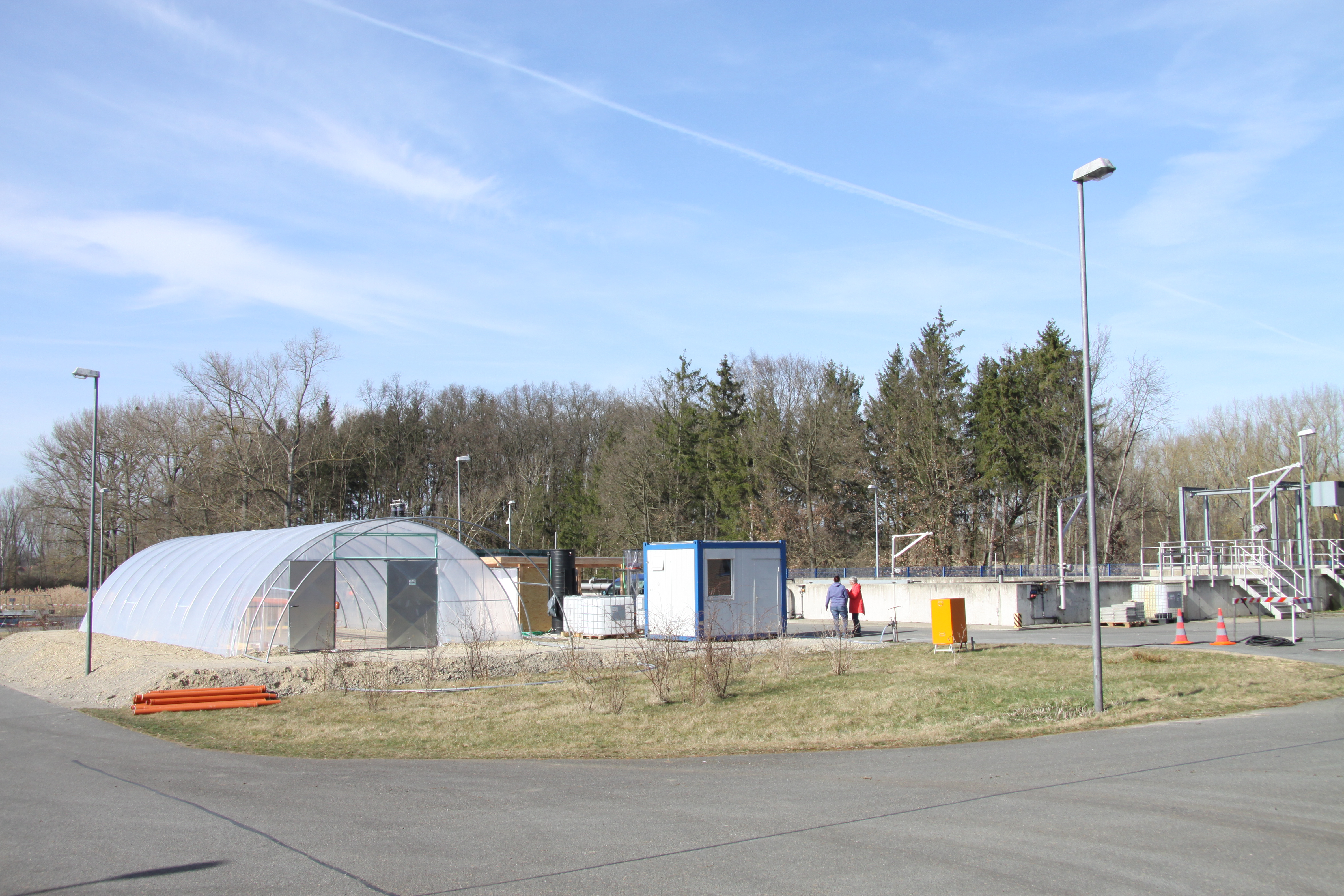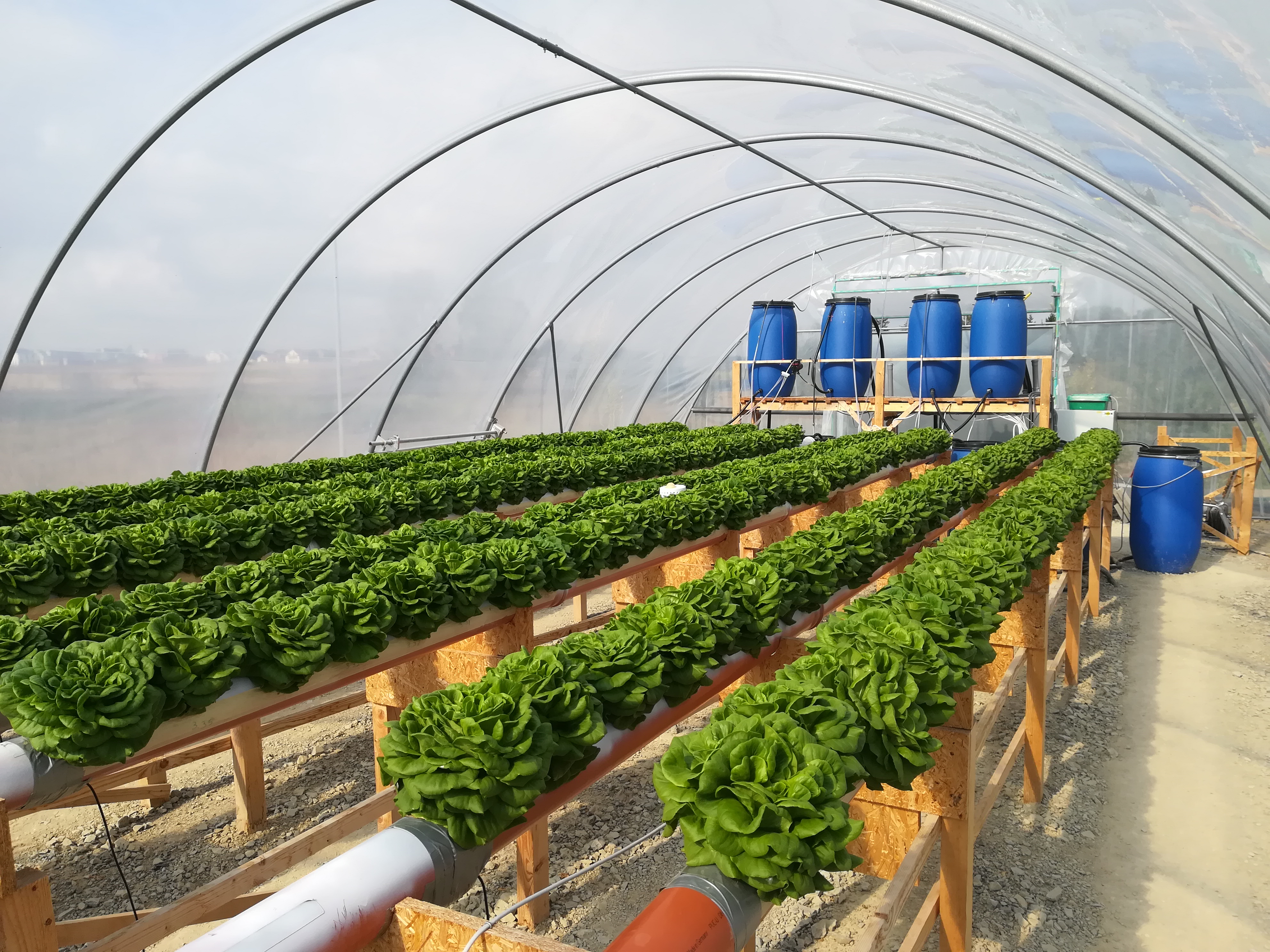Literature
[1] Mohr, M., Schramm, E., Ebert, B., Germer, J., Bürgow, G., (2019) Nutzung des Ablaufs einer Teichkläranlage zum Anbau von Gemüse im hydroponischen System im Landkreis Gifhorn – Ergebnisse einer Fallstudie. Zbl. Geol. Paläont. Teil I, Jg. 2019, H. 1: 65–72
[2] Drewes, J., Becker, D., Jungfer, C., Krömer, K., Mohr, M., Nahrstedt, A., Schramm, E., Winker, M., Zimmermann, M. (2018) Mindestanforderungen an eine Wasserwiederverwendung: Hinweise aus Sicht der WavE-Forschungsprojekte des Bundesministeriums für Bildung und Forschung (BMBF). gwf Wasser Abwasser 12/2018: 50-59
[3] Drewes, J.; Schramm, E.; Ebert, B.; Mohr, M.; Beckett, M.; Krömer, K.; Jungfer, C. (2019) Potenziale und Strategien zur Überwindung von Hemmnissen für die Implementierung von Wasserwiederverwendungsansätzen in Deutschland, Korrespondenz Abwasser, Abfall 12/2019
[4] Mohr, M.; Günkel-Lange, T.; Fischer, M.; Germer, J.; Winker, M.; Bürgow, G. (2019) Water reuse in hydroponic systems: results from four European feasibility studies, Vortrag auf der 12th IWA International Conference on Water Reclamation and Reuse, 16. Juni 2019, Berlin
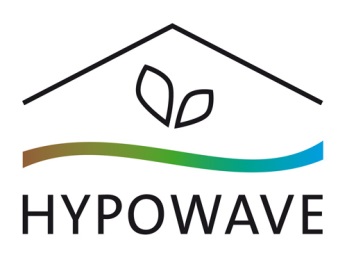
 Fraunhofer Institute for Interfacial Engineering and Biotechnology IGB
Fraunhofer Institute for Interfacial Engineering and Biotechnology IGB